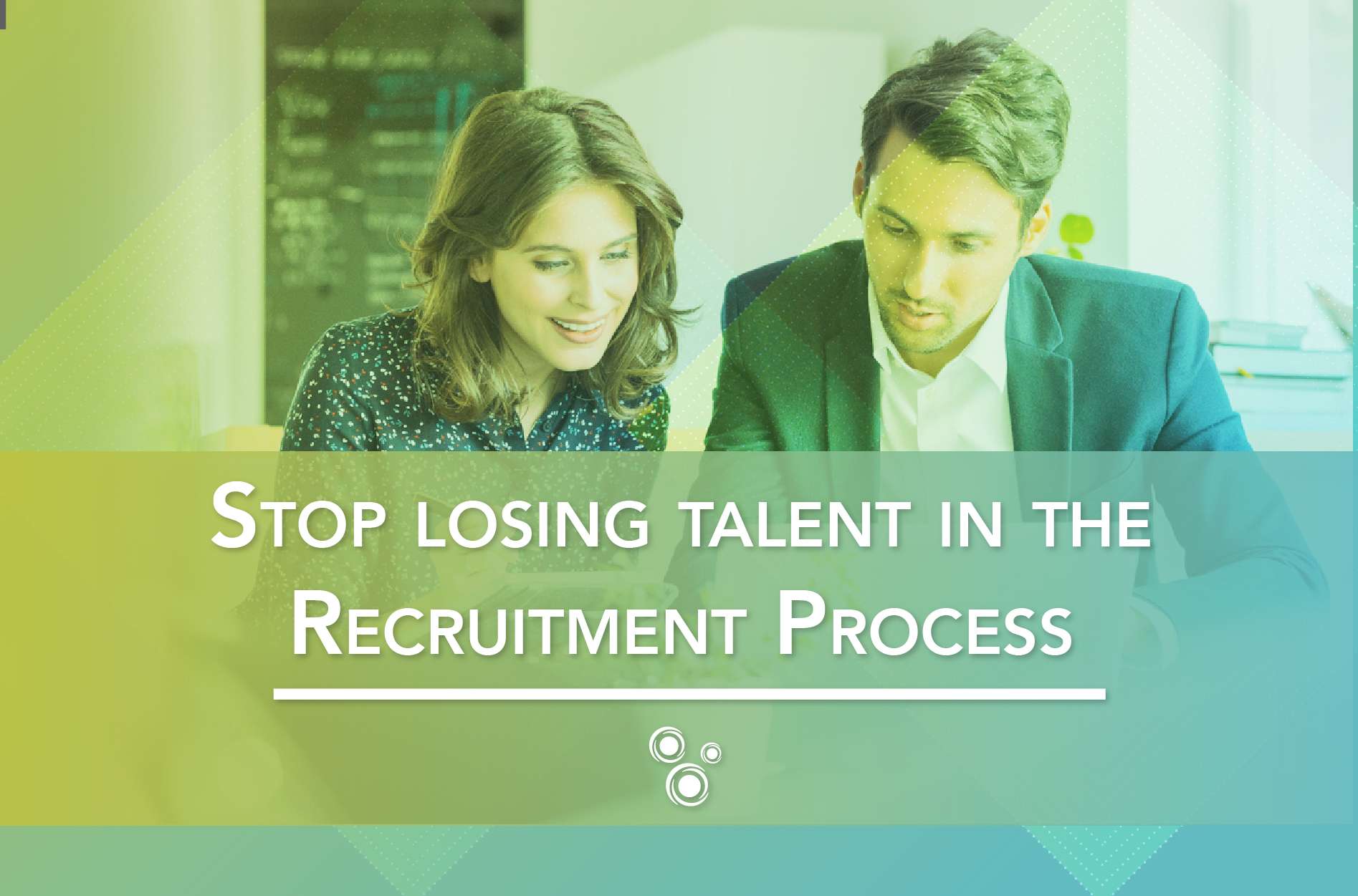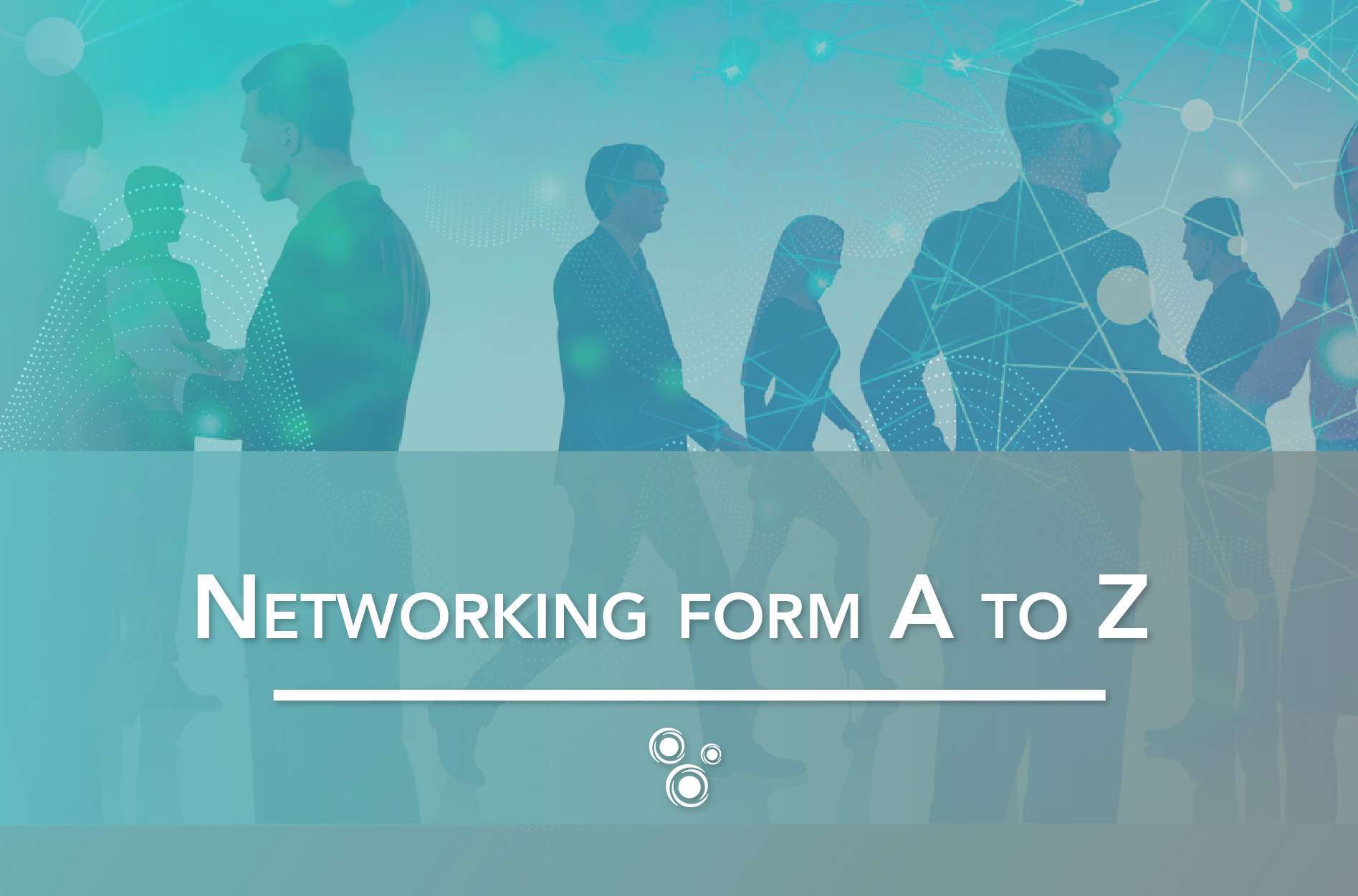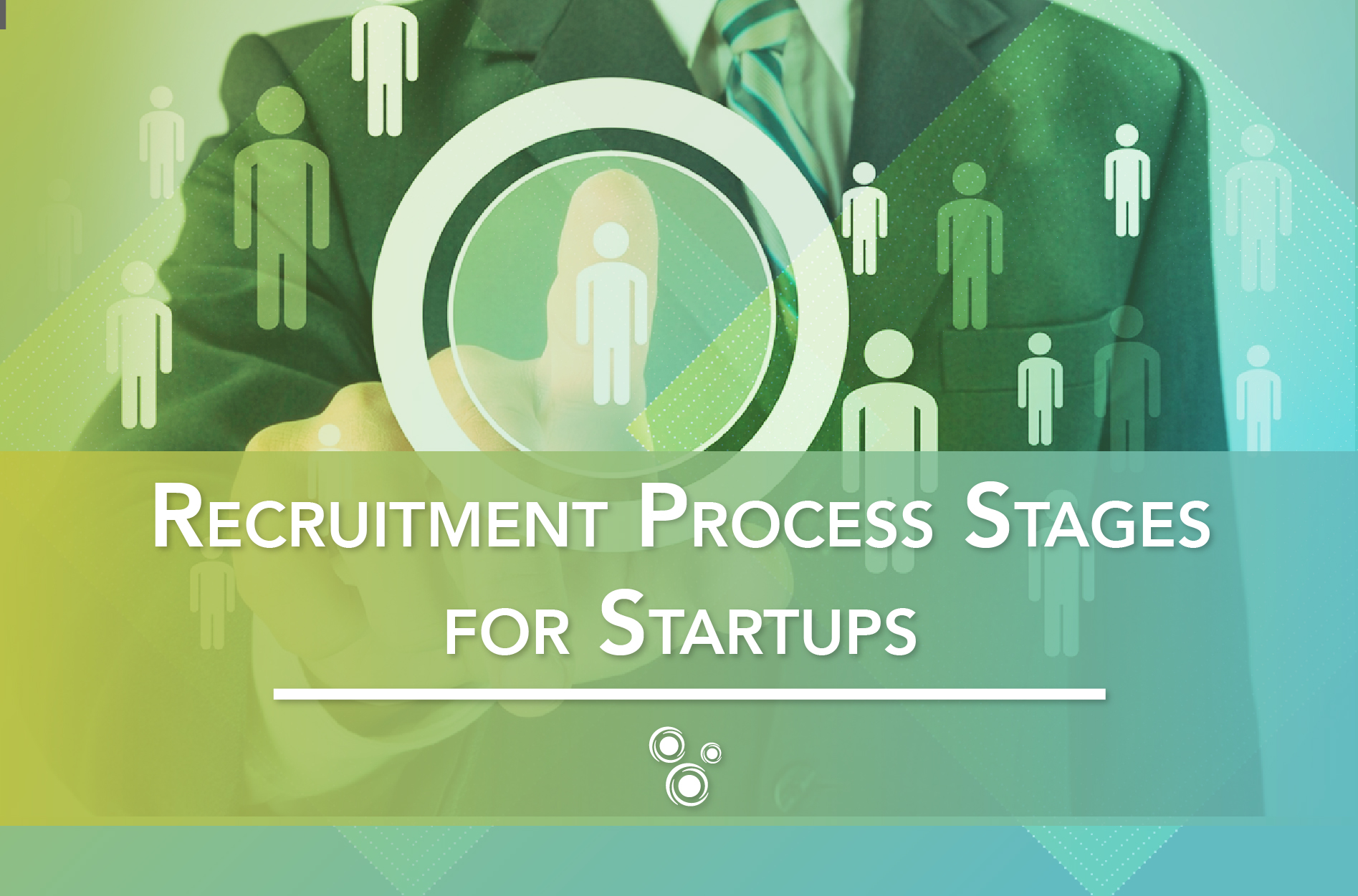What You Need to Know About Time, Money & Recruitment
Is your company doing its own recruitment process? Then, the following story might sound familiar to you: posting the vacancy; waiting for a talent to see the open role and deciding to apply; beginning the interview process. Assessing their knowledge. Realizing the candidates do not fit your requirements. Returning to the search from the beginning and crossing fingers to succeed in the new attempt. This could be a nightmare, even more, when you add the expenses your company is having along this process.
Why does recruitment take so much time and money?
Recruiting is a hard task; it requires effort, but especially, a lot of time and money. This process takes time. On average, it takes 49 days to hire new talent for an organization.
Furthermore, hiring a new talent implies some expenses. According to the American National Standards Institute (ANSI, 2012), there are the following possible costs: cost of recruitment staff, cost of sourcing staff, compliance cost, recruiting learning and development, the secondary management cost of time for events, the secondary management cost of time for recruiting, background check, pre-screening check, sourcing expenses, technological expenses, marketing costs, and employee referral expenses. This cost could be divided between internal and external according to your Human Resources department’s expertise and resources. If you have a large company with a highly experienced and dedicated Recruitment Department, most of this cost will be included as internal.
What if you do not have a specialized HR department? Well, most of this cost will be transferred to external providers. For example, if you need to corroborate an IT candidate’s knowledge with a hard skill assessment, and your team does not have the necessary tests, you will need to pay for that testing.
Here lies the importance of who is doing the recruitment process. HR departments can certainly do it, but if they do not have the experience and expertise, the process could not be done in the best possible way. Besides, if HR members do not have recruitment activities as part of their current activities, this assignment will turn them aside from other important ones.
Fortunately, you can find different ways to increase efficiency in your recruitment. In our next article, you’ll find enough information to learn how to save time and money by improving your recruitment process.
Don’t miss our next article or subscribe to our newsletter to receive more information.
If you want a personal consultation you can contact at info@lucioles.io
Trues and myths of remote work
5 divergent KPIs in HR for Startups
Four Corporate Training Options You Must Know
Press Release: HR-Tech and AI platform Lucioles joins FasterCapital's Acceleration Program
Corporate training: How to engage your employees through it
Essential Tips for Managing Remote Teams
Six Reasons Why You Should Hire a Junior Developer
Main Challenges of Hiring Developers
What You Need to Know About Time, Money & Recruitment
Why Tailor-Made Corporate Training Is Your Business’ Best Friend
The impact of emotional intelligence on your business success
Your Corporate Training Will Never Work If You Do This
Are you looking for an international job?
Stop doing these in your Job applications
The Scary panorama of the IT Job Market
The perks of set down KPIs in HR
Stop losing talent in the Recruitment Process
Five reasons for networking
How to make your top talent fall in love with your company
Networking form A to Z
Recruitment Process Stages for Startups
Networking to find a job
Communication: A learned leadership skill
Remote work came to stay
Recruitment Tips for Startups
Trues and myths of remote work
5 divergent KPIs in HR for Startups
Four Corporate Training Options You Must Know
Press Release: HR-Tech and AI platform Lucioles joins FasterCapital's Acceleration Program
Corporate training: How to engage your employees through it
Essential Tips for Managing Remote Teams
Six Reasons Why You Should Hire a Junior Developer
Main Challenges of Hiring Developers
What You Need to Know About Time, Money & Recruitment
Why Tailor-Made Corporate Training Is Your Business’ Best Friend
The impact of emotional intelligence on your business success
Your Corporate Training Will Never Work If You Do This
Are you looking for an international job?
Stop doing these in your Job applications
The Scary panorama of the IT Job Market
The perks of set down KPIs in HR
Stop losing talent in the Recruitment Process
Five reasons for networking
How to make your top talent fall in love with your company
Networking form A to Z
Recruitment Process Stages for Startups
Networking to find a job
Communication: A learned leadership skill
Remote work came to stay
Recruitment Tips for Startups
Trues and myths of remote work
5 divergent KPIs in HR for Startups
Four Corporate Training Options You Must Know
Subscribe to our Newsletter
Be part of this story and subscribe to the newsletter for news and updates.




























